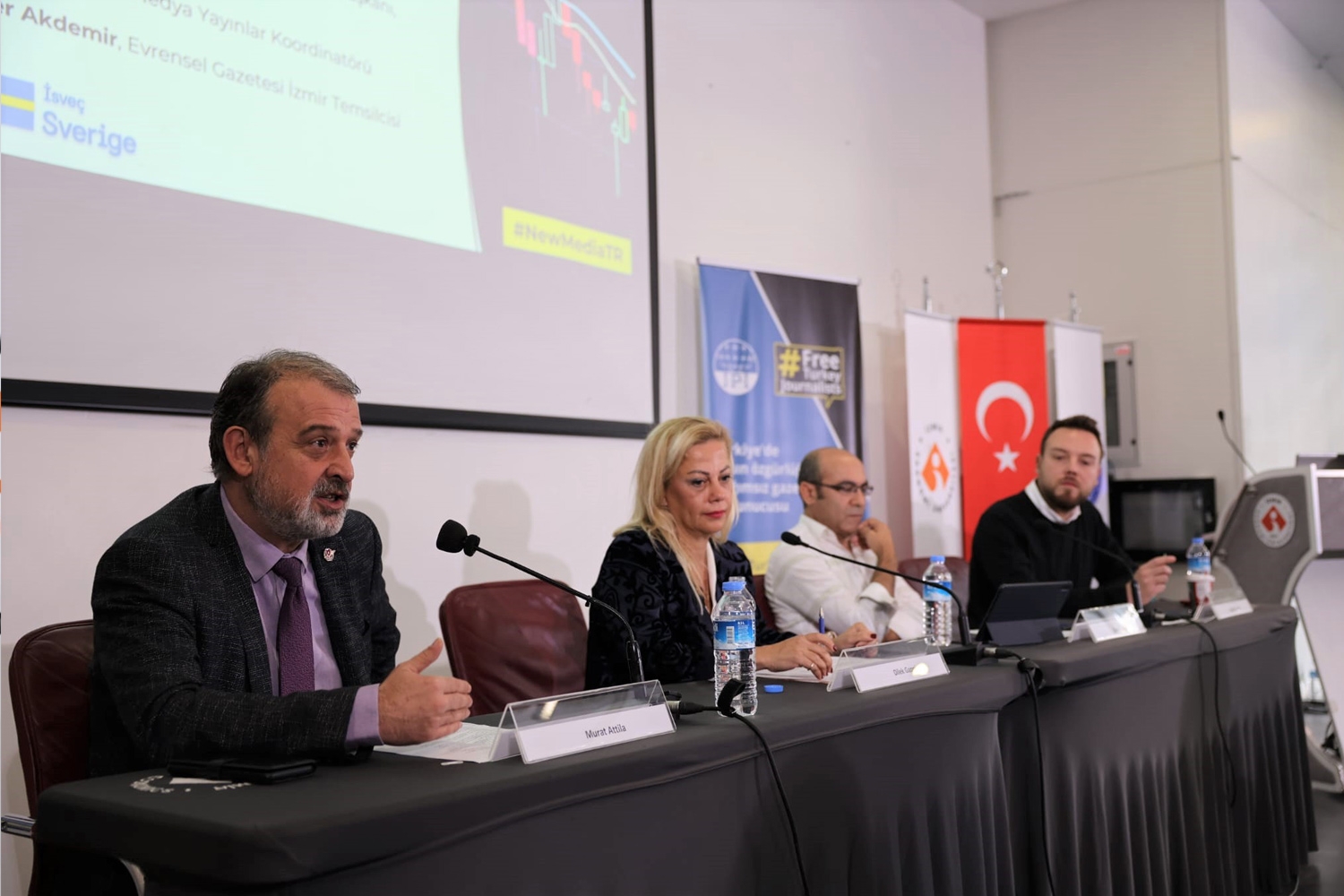
‘Media’ Summit at Izmir University of Economics
International Press Institute (IPI) organized a symposium on ‘Economy and Financial Sustainability of Media’ hosted by Izmir University of Economics ...
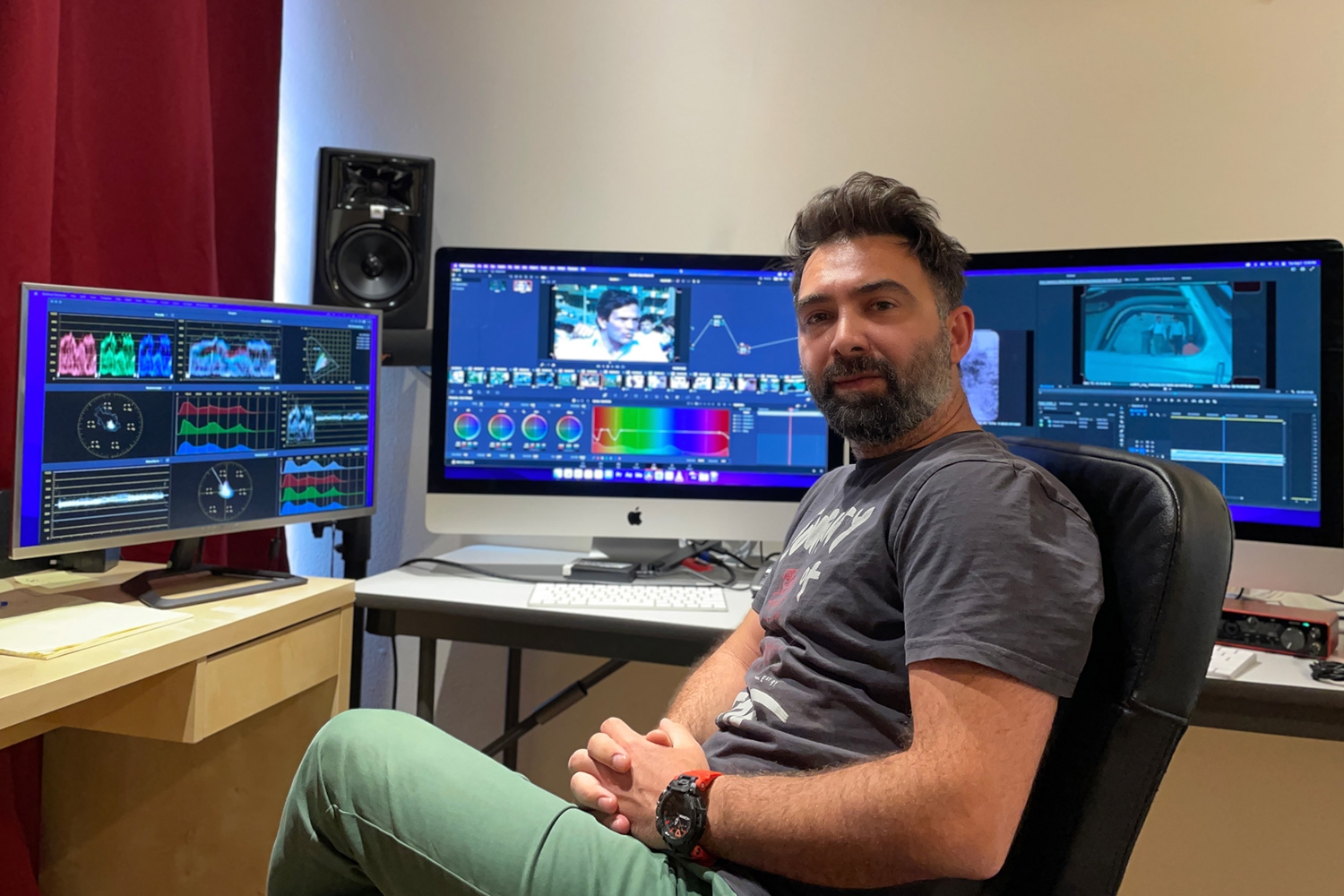
Received a special invitation from the USA for the Italian director's documentary
Dr. Alper Gedik, Lecturer at Department of New Media and Communication, Izmir University of Economics (IUE), went to the USA ...
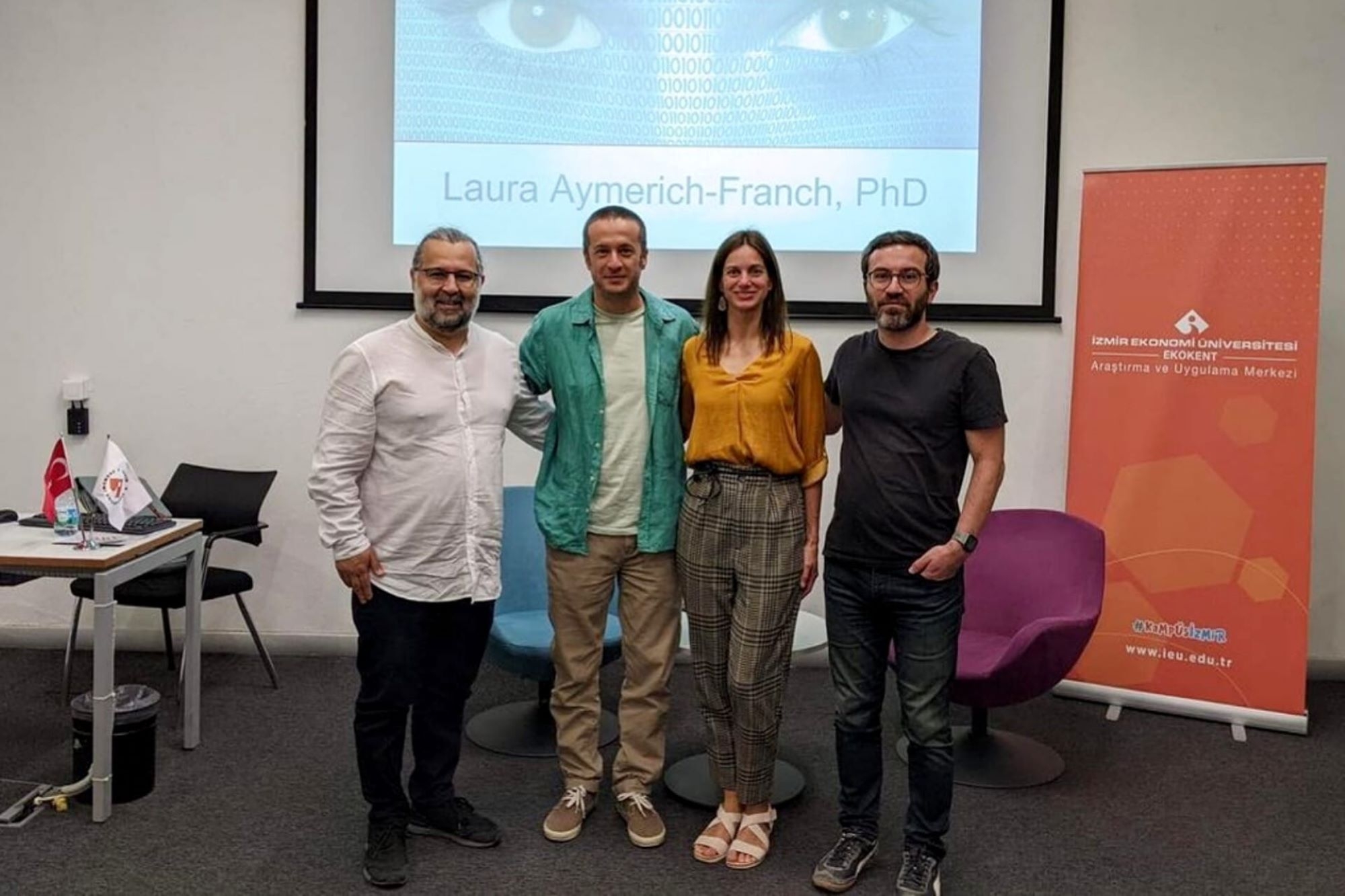
Laura Aymerich-Franch visited our department
Laura Aymerich-Franch who is currently a senior research fellow at Pompeu Fabra University (Barcelona) was a visiting scholar in the ...
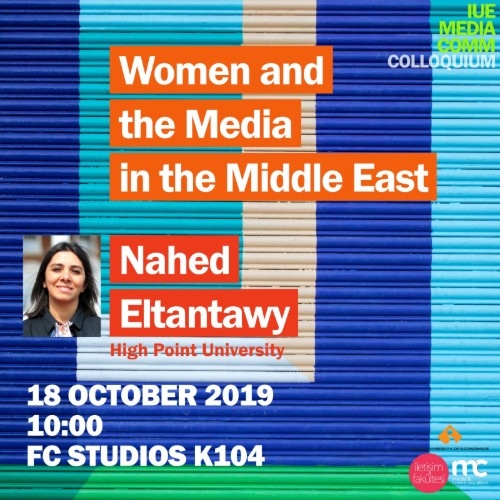
Women and the Media in the Middle East
Assoc. Prof. Dr. Nahed Eltantawy, who will be visiting the Media and Communication Department as a part of the Fulbright ...
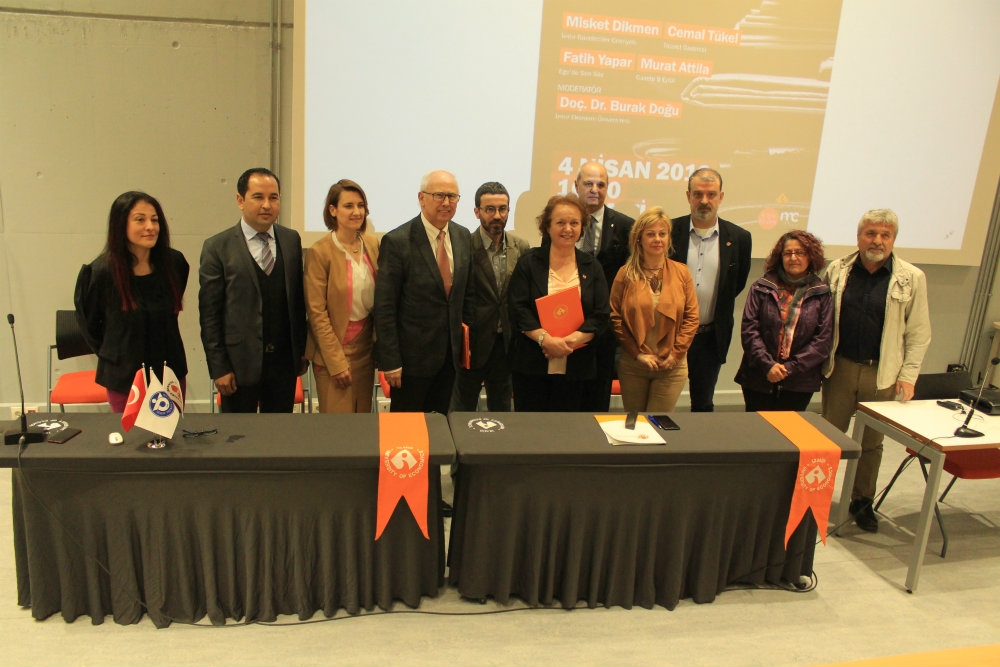
A Partnership Agreement between the Department of Media and Communication and Izmir Journalists Association
“Local Media in Izmir”, a panel organized by the Department of Media and Communication, Izmir University of Economics, was held ...
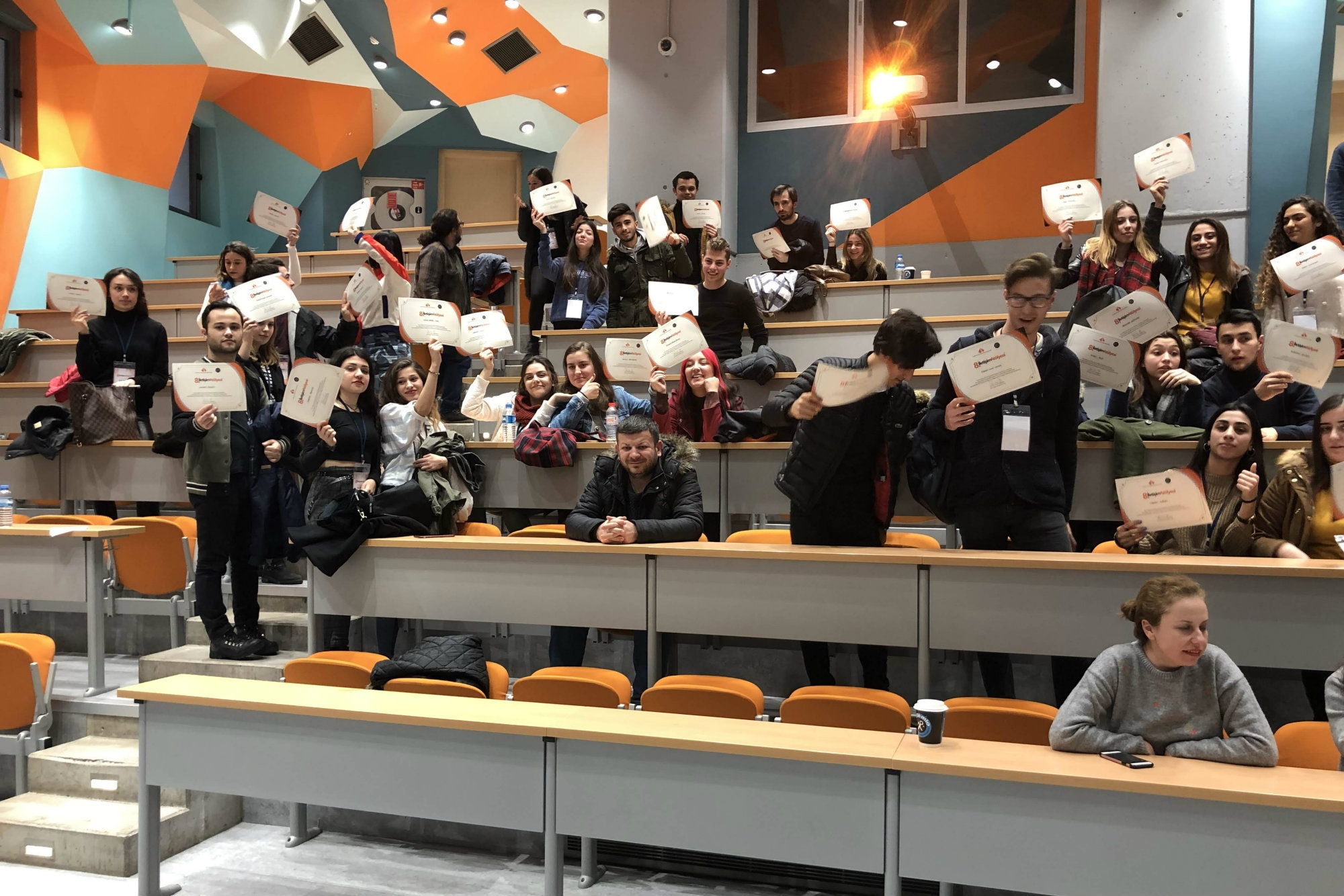
HIGH SCHOOL STUDENTS MET WITH COMMUNICATION WORLD
...
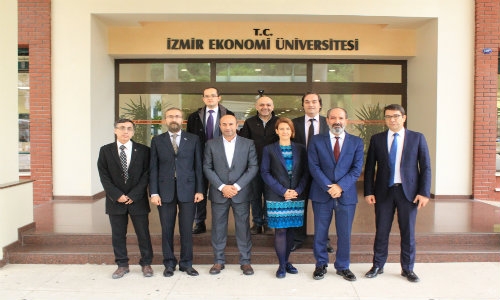
YAYINCILIKTA TELİF HAKLARI İEÜ’DE TARTIŞILDI
İzmir Ekonomi Üniversitesi, “Radyo Televizyon Yayıncılığı ve Telif” konferans ve sergisine ev sahipliği yaptı. İEU İletişim Fakültesi Dekanı Prof. Dr. ...









